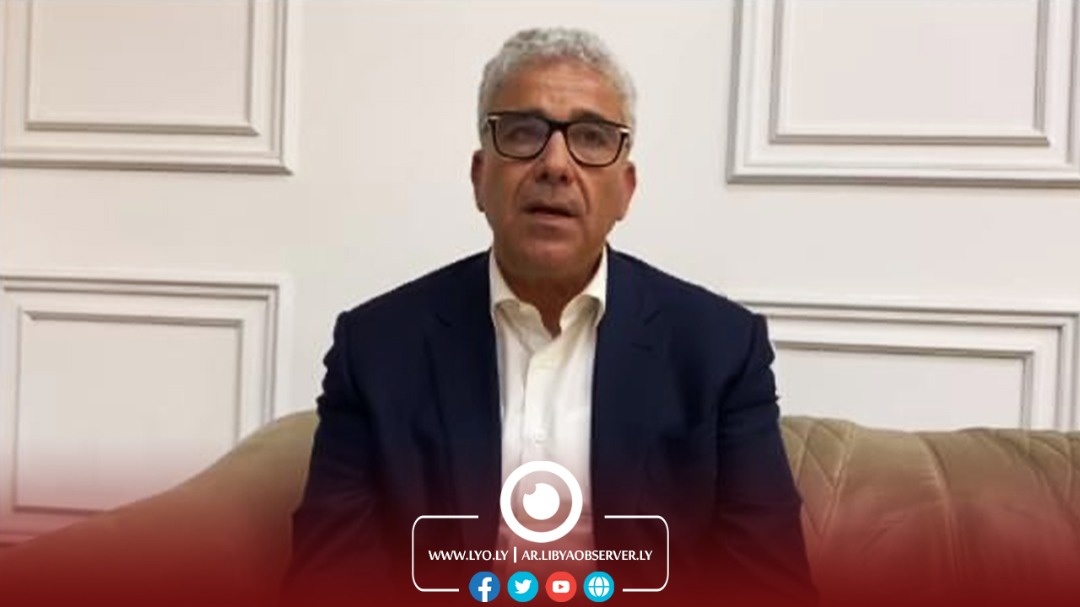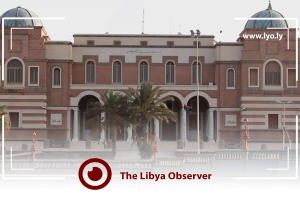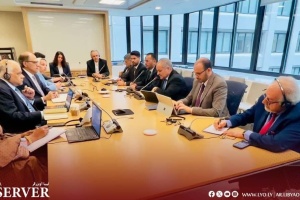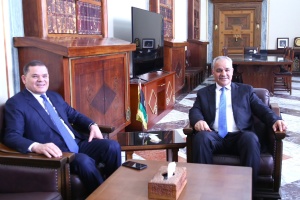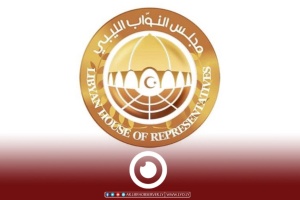The former head of the parallel government, Fathi Bashagha, called on the House of Representatives (HoR) and the High Council of State (HCS) to take practical steps to complete the Board of Directors of the Central Bank of Libya (CBL) and unify all sovereign positions, in response to the crisis at the CBL in light of the Presidential Council’s insistence on appointing Mohammed Al-Shukri as governor, while the House of Representatives rejected this and kept Al-Siddiq Al-Kabir in office.
Bashagha said on Facebook on Friday: “The international community must abide by its responsibilities toward supporting the continuity of the political process, to avoid further chaos, as stability and peace in Libya are a collective responsibility that requires concerted efforts from local and international parties to ensure a better future for all Libyans.”
He stressed the need to reject the use of force and the policy of imposing a fait accompli, “as such actions deepen the crisis and increase the suffering of citizens,” commending “the efforts of military and security leaders to prevail calm, defuse the war, and prevent the capital from being dragged into fighting and armed conflict.”
Bashagha called for "the voice of reason and wisdom to prevail" from all parties in these critical times, as "military escalation will threaten stability and civil peace, and expose the country to serious political and economic disasters."
On Friday, Mohammed Al-Shukri said that the decision to appoint him as governor of the Central Bank of Libya must be implemented on the condition that "there is consensus from the two relevant legislative bodies (the House of Representatives and the High Council of State)."
After that, the Head of the Presidential Council, Mohammed Menfi, called on Al-Shukri to quickly resume his work as governor of the Central Bank of Libya, as "the potential military escalation ends, and the CBL's headquarters is smoothly handed over."

